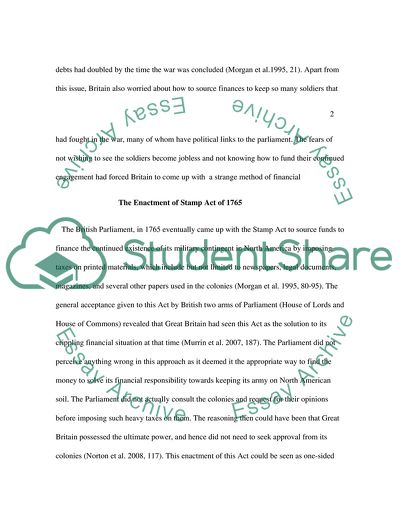Cite this document
(“Stamp Act Term Paper Example | Topics and Well Written Essays - 2500 words”, n.d.)
Retrieved from https://studentshare.org/miscellaneous/1571558-stamp-act
Retrieved from https://studentshare.org/miscellaneous/1571558-stamp-act
(Stamp Act Term Paper Example | Topics and Well Written Essays - 2500 Words)
https://studentshare.org/miscellaneous/1571558-stamp-act.
https://studentshare.org/miscellaneous/1571558-stamp-act.
“Stamp Act Term Paper Example | Topics and Well Written Essays - 2500 Words”, n.d. https://studentshare.org/miscellaneous/1571558-stamp-act.


